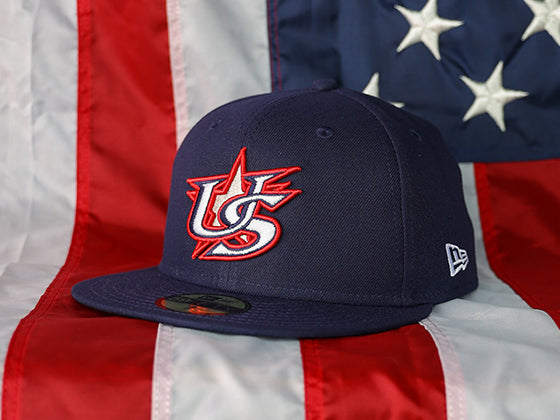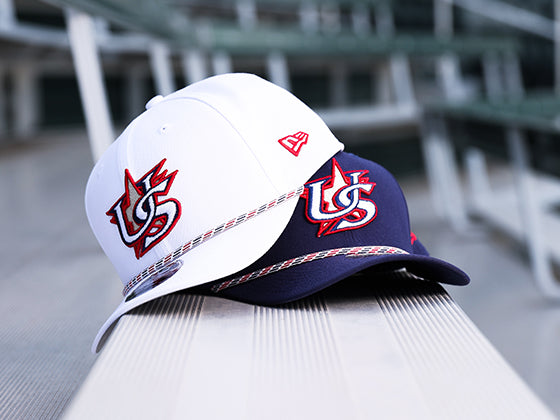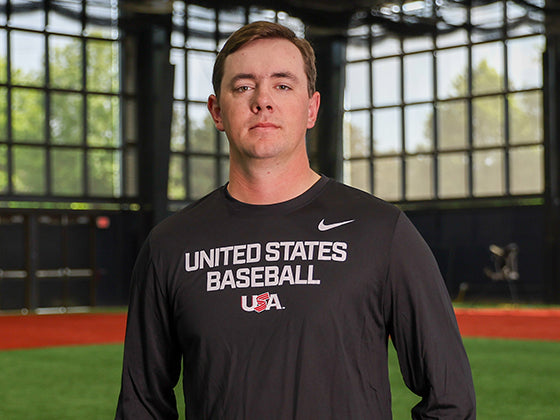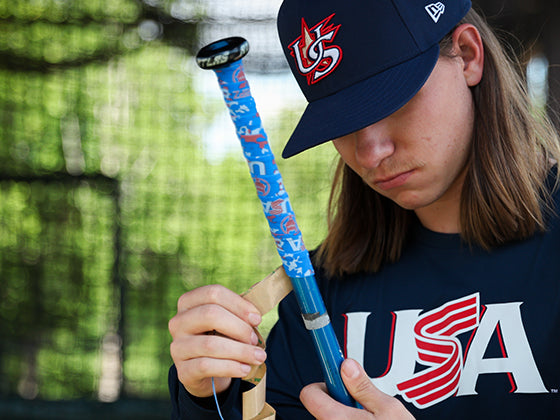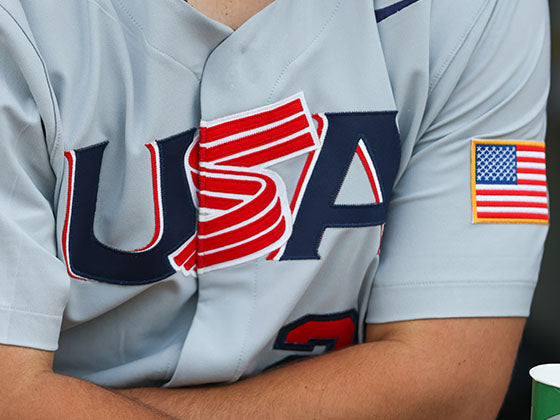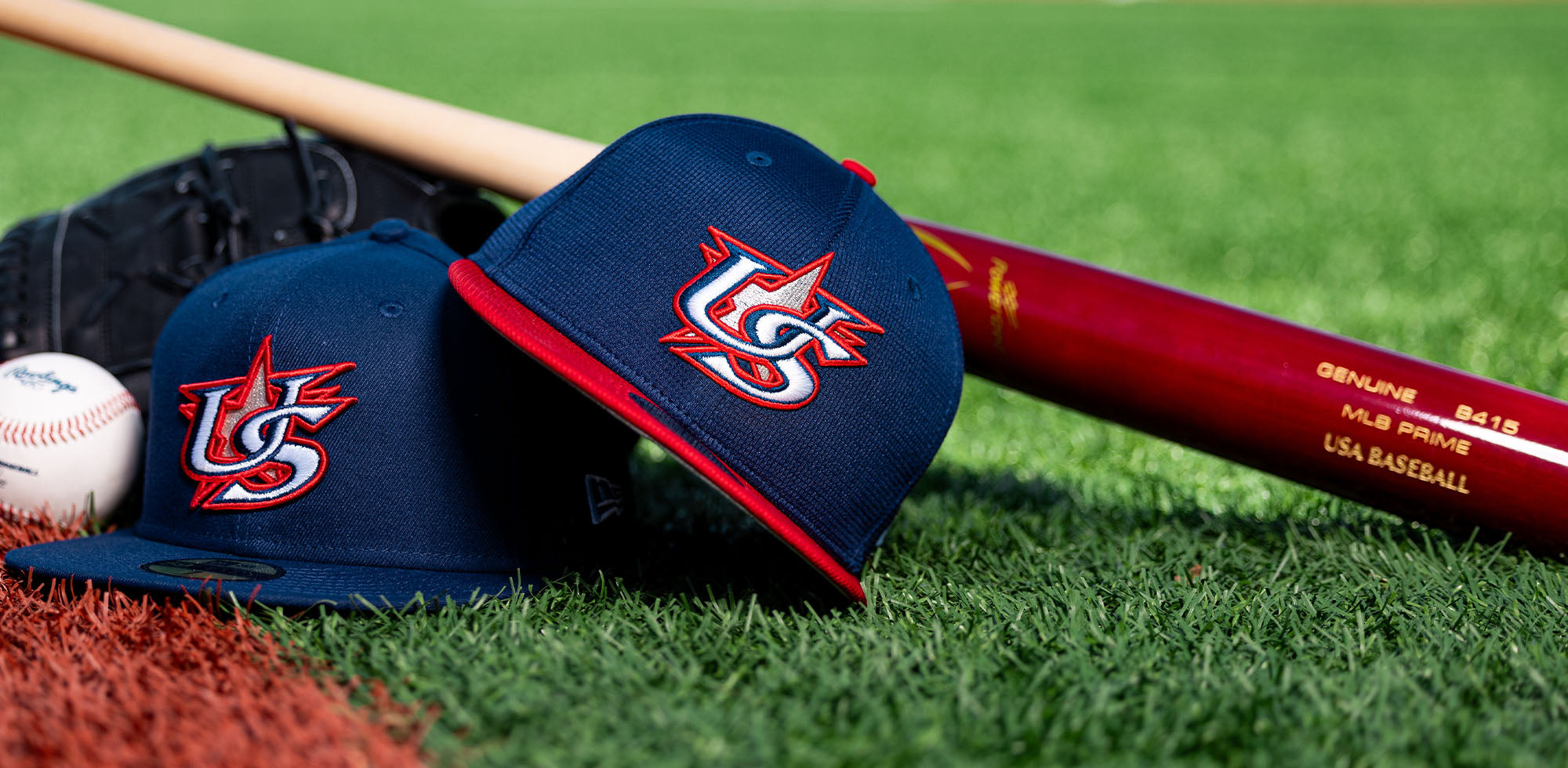Remember… Warren Morris.
Somewhere along the line, Warren Morris became something more than just “dad” to his 11-year-old twin girls.He became a celebrity of epic proportions to anyone associated with LSU athletics.
It’s been 19 years since Morris, then a senior second baseman coming off an injury-plagued season, launched a home run for the ages, drilling a bottom-of-the-ninth, two-run home run that won the 1996 College World Series for LSU. It remains the only CWS-winning HR in the 69-year history of the event, and it lives on in this, the YouTube age where generations of ballplayers both new and grizzled can watch that fateful moment unfold over and over and over again.
Among those are Morris’ oldest daughters, twins Hettie and Amelia. “They’re kind of surprised that people want to stop me and just say hi or get a picture” says Morris, now a banking professional in Alexandria, La. “They’ve seen my picture in the Hall of Fame room there [at LSU’s Alex Box Stadium], so they kind of understand it now. But I’m still just dad.”
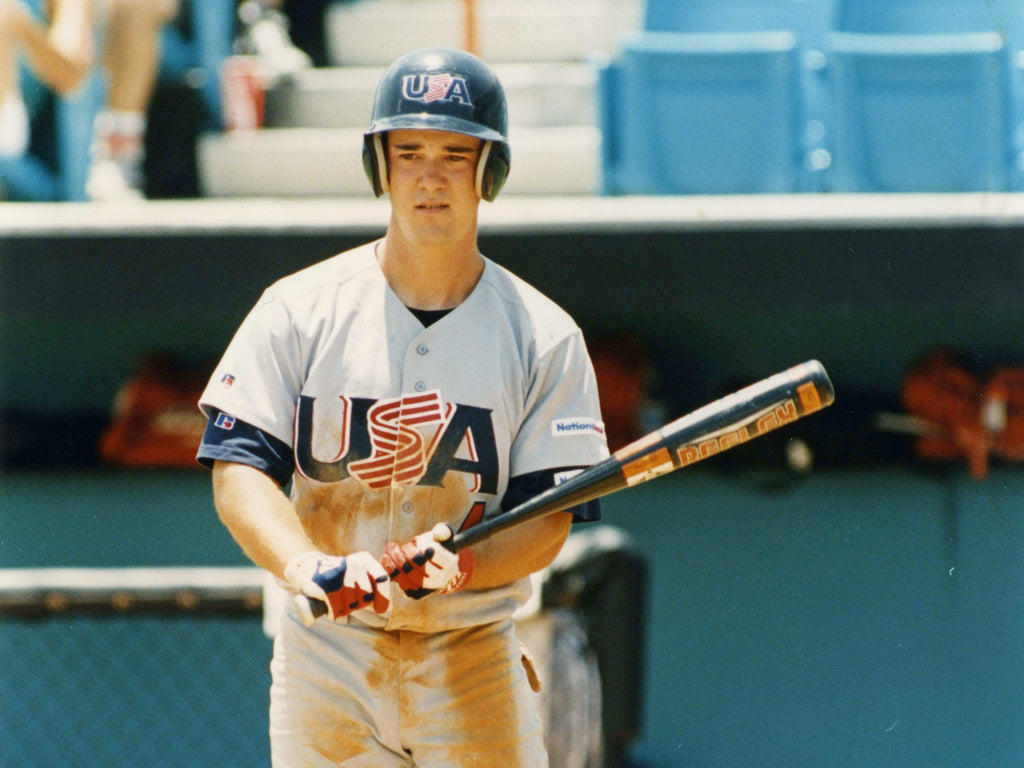
Watch that home run online and you see a 22-year-old Morris standing at the plate, wagging a bat that wasn’t even his. He was using a new Easton as a favor to the daughter of LSU head coach Skip Bertman. She had asked him to use the new bat in an effort to promote her local batting cage business. Morris, ever the nice guy, agreed to try the bat because no one else would. “Everyone was kind of superstitious and just wanted to stay with their own bat,” he explains.
Morris was batting ninth for the Tigers that afternoon, and – without a home run to his name that season – the last thing he was thinking about was clearing the fence. With a runner on second, he just wanted to try and punch one past the infield and tie the game. “When it came off the bat, I thought I had a double,” Morris says. “Then I saw [first base coach] Daniel Tomlin jumping what seemed like four feet off the ground. That was the first indication it was gone.”
The bat Morris was testing that day now hangs in the LSU Hall of Fame.
The summer would only get better for Morris, who returned for a second year to play with the USA Baseball Collegiate National Team. From there, he landed a spot on the 1996 United States Olympic Team where he and his teammates earned a bronze medal. “That was a good summer,” Morris says with a laugh.
Morris uses that bronze medal and CWS-winning memory when asked to speak to groups about his story. “It’s a way to kind of share it with people, especially kids,” he says. “It kind of shows that if I can make it, anyone can make it.”
And those kids, who weren’t even born when Morris rounded the bases of history for LSU. They see it on YouTube, and they begin to understand what this man is about.
Morris was honored when USA Baseball asked him to work as the honorary manager of the 2010 Collegiate National Team, which played a series against Japan in Omaha’s Rosenblatt Stadium, site of Morris’ life-changing CWS home run. It would be the last games played at Rosenblatt before it was torn down.
“Now that was cool,” he says of the chance to represent USA Baseball again, even in an honorary role. “I’ll always be thankful for that opportunity. I’m so appreciative to the organization for that.”
While there, Morris did something he had never done even while playing a few games at the old stadium as a minor leaguer. He took a stroll to the right-field bleachers, found the area where the ball landed, and sat down. “Just knowing the stadium wouldn’t be there very long . . . I wanted to see it from the perspective of the fan that caught the ball.”
That fan returned the ball to Morris that day, finding the dazed hero amongst the madness of LSU revelers. Morris still has the ball today.
After playing nine seasons of professional ball, including five seasons in the big leagues with the Pittsburgh Pirates, Minnesota Twins and Detroit Tigers, Morris retired as an active player.
As an assistant vice president at Red River Bank in Alexandria, Morris spends his days helping customers secure loans, obtain mortgages and works to help make a positive change in people’s lives. And while he doesn’t think about his glory days every day, he’s reminded of the home run at least a couple times a week.
“It’s kind of incredible now,” he says. “We’re almost 20 years removed from it, but it still lives on. I’ve been so blessed.”


